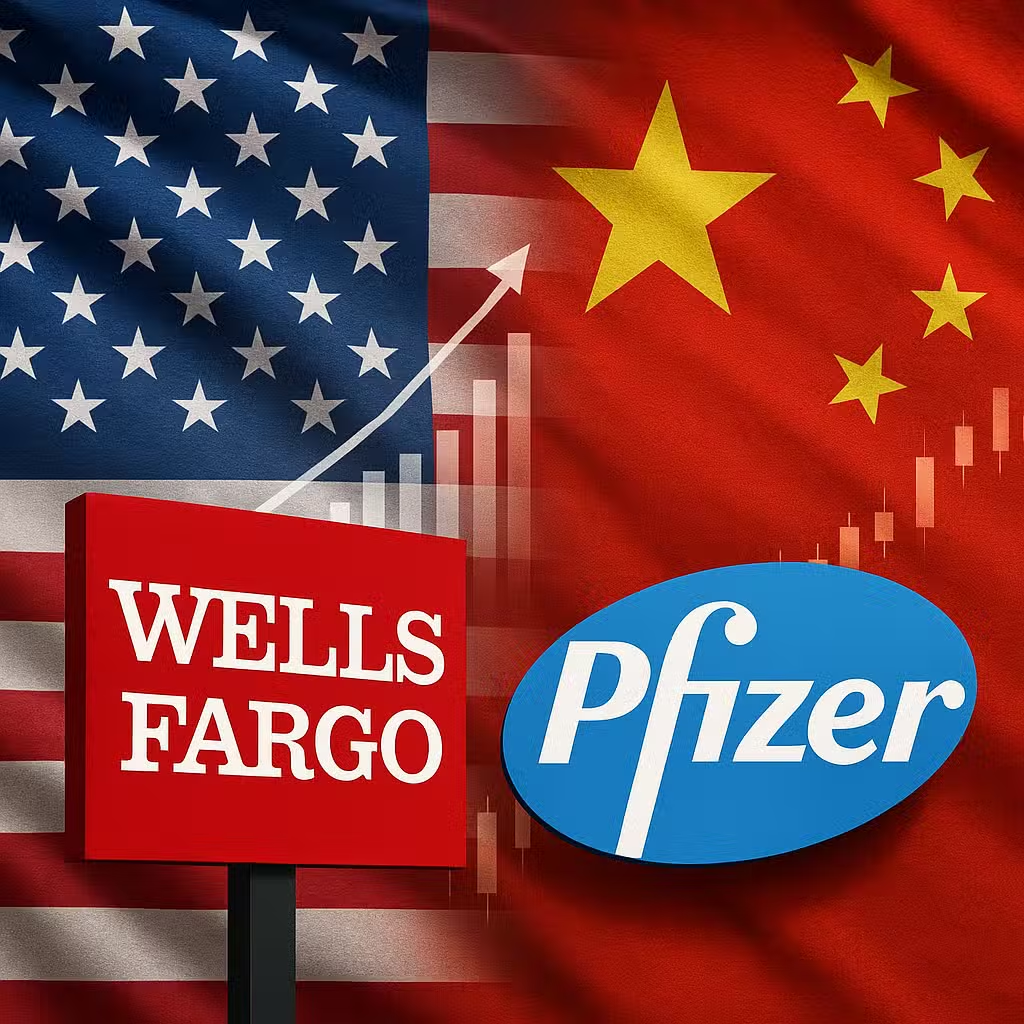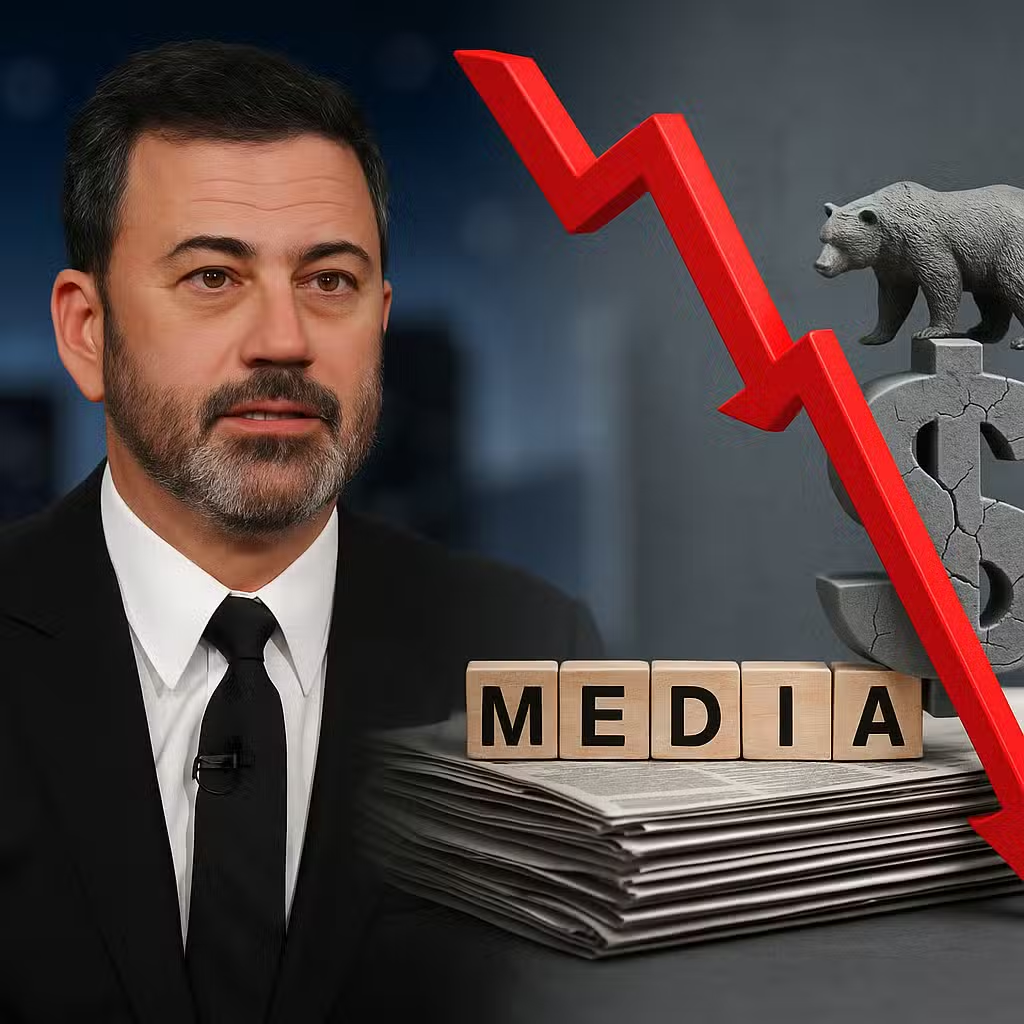Wells Fargo and Pfizer Leaders Urge U.S. Innovation to Stay Competitive With China for Investors
Imagine the U.S. economy as a race car—fast and powerful, but facing new challengers on the track. Right now, big business leaders say America needs to tune up its engine to stay ahead, especially with China catching up and new tech like artificial intelligence (AI) changing how we race.
Why Investors Should Care
When top CEOs from Wells Fargo and Pfizer warn about America’s position in the world, investors need to listen. These issues can affect whole industries, stock values, and even the strength of your investment portfolio.
The Bull Case: Why the U.S. Can Stay Ahead
- AI Boosts Productivity: Wells Fargo’s CEO, Charlie Scharf, says AI is like adding turbo to the engine. It helps workers, especially in tech, get more done—sometimes up to 40% more, according to his numbers.
- Innovation Remains Strong: The U.S. still leads in many fields and has a history of bouncing back. For example, America spends more on research and development than any other country (OECD data).
- Regulatory Changes Could Help: New rules are expected to make it easier for banks of all sizes to support local communities and grow.
- AI in Medicine: Pfizer’s CEO, Albert Bourla, believes AI could speed up finding cures for tough diseases like Alzheimer’s and cancer.
The Bear Case: Growing Challenges from China and Policy Risks
- China Closing the Gap: China filed more patents than the U.S. this year—a first in history. Five years ago, the U.S. led by a huge margin, but now that lead is shrinking fast.
- Policy Uncertainty Hurts: Both CEOs agree that confusing rules and trade tariffs make it harder for U.S. companies to compete and plan for the future.
- AI Could Cut Jobs: While AI boosts productivity, it also means some jobs could disappear, especially in industries like banking and tech where automation is growing. Big banks like JPMorgan and Goldman Sachs are already hiring fewer people.
- China’s Big Investments: China is pouring money into biotech and life sciences, aiming to become a world leader in these fast-growing sectors.
What History and Data Tell Us
This is not the first time America has faced tough competition. In the 1980s, Japan was seen as a huge threat in tech and cars, but the U.S. adapted and stayed competitive. Today, China is the main challenger—especially in patents, where China filed over 1.5 million in 2022, compared to about 285,000 for the U.S. (WIPO report).
Investor Takeaway
- Diversify your portfolio: Stay flexible by holding investments in both U.S. and international companies, especially in tech and healthcare.
- Watch AI leaders: Companies using AI to boost productivity or find new cures may offer strong growth opportunities.
- Monitor policy changes: New banking and drug pricing rules could shake up markets—keep an eye on regulatory news.
- Don’t ignore risk: Be aware that policy uncertainty and global competition can add bumps to the road for U.S. businesses.
- Think long term: Remember, America has faced competition before and adapted. Stay patient and look for signs of innovation and smart leadership.
For the full original report, see CNBC







